
Dr Luca Fusi
Lecturer in Muscle Physiology
Research interests
- Biomedical and life sciences
Biography
Luca Fusi obtained a PhD in Physiology from the University of Florence (Italy), during which he investigated the structure-function relation of the molecular motor of skeletal muscle in situ, combining sarcomere mechanics and small-angle X-ray diffraction in single muscle fibres. He joined King’s in March 2010 as a post-doctoral fellow. In 2014 he was awarded a King’s Prize Fellowship to study a novel form of regulation of contractility in skeletal muscle based on the myosin filament. In 2018 he was awarded a Sir Henry Dale Fellowship (Wellcome Trust/Royal Society) to develop his laboratory at the Randall Centre for Cell and Molecular Biophysics. During his Fellowship he extended the study of thick filament-based regulation to cardiac muscle and he contributed to develop a novel paradigm of regulation of contractility in striated muscle.
In 2023 he was appointed as Lecturer in Muscle Physiology at the Centre for Human and Applied Physiological Sciences in the School of Basic and Medical Biosciences. His laboratory uses a combination of mechanical and structural methods, such as small-angle X-ray diffraction and fluorescence polarisation microscopy, to study the molecular mechanisms that control force generation in striated muscle at cellular and subcellular level.
Current areas of interest include thin and thick filament-based regulation of contraction in human cardiac and skeletal muscle, the molecular basis of length-dependent activation in cardiac muscle, and alteration of these mechanisms in ageing and diseases.
Research
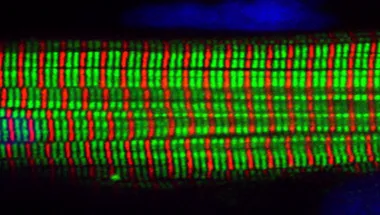
Fusi Group
The Fusi Group is part of the Randall Centre for Cell & Moleuclar Biophysics
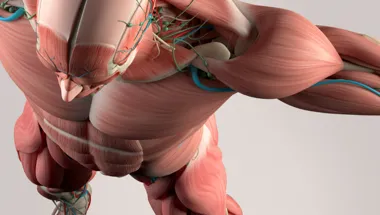
Muscle: Form and Function
The Muscle: Form and Function group is made up of biomedical scientists and physiologists whose research programmes range from cell and molecular biology and physiology to whole-body systems and integrative physiology
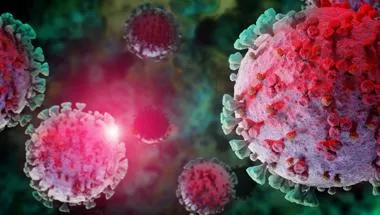
King’s MechanoBiology Centre (KMBC)
The King’s MechanoBiology Centre gives a common platform for researchers across different disciplines with complementary interests in mechanobiology
News
New mechanism described for muscle contraction
A new publication from King's researchers describes a new mechanism required for muscle contraction, which could have important implications for understanding...
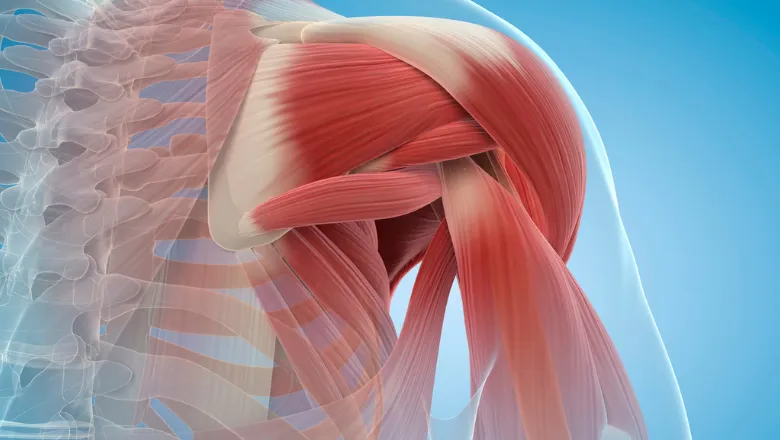
New research illustrates the role of myosin in heart contractility
Recent research by the Randall Centre for Cell and Molecular Biophysics provides evidence for the role of myosin-based regulation in the potentiation of heart...
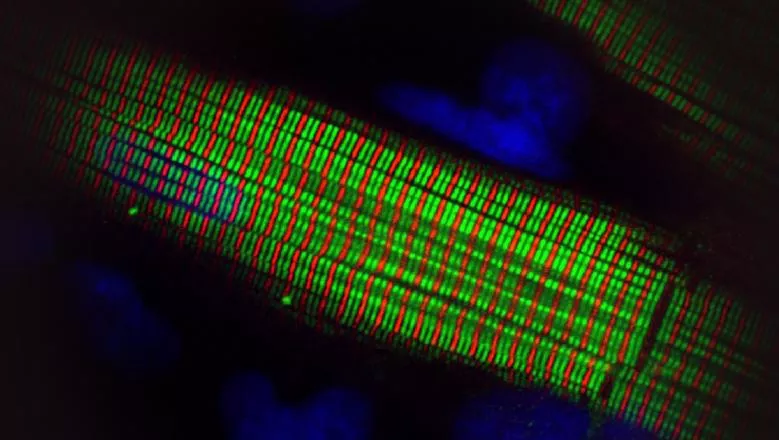
Research

Fusi Group
The Fusi Group is part of the Randall Centre for Cell & Moleuclar Biophysics

Muscle: Form and Function
The Muscle: Form and Function group is made up of biomedical scientists and physiologists whose research programmes range from cell and molecular biology and physiology to whole-body systems and integrative physiology

King’s MechanoBiology Centre (KMBC)
The King’s MechanoBiology Centre gives a common platform for researchers across different disciplines with complementary interests in mechanobiology
News
New mechanism described for muscle contraction
A new publication from King's researchers describes a new mechanism required for muscle contraction, which could have important implications for understanding...

New research illustrates the role of myosin in heart contractility
Recent research by the Randall Centre for Cell and Molecular Biophysics provides evidence for the role of myosin-based regulation in the potentiation of heart...

